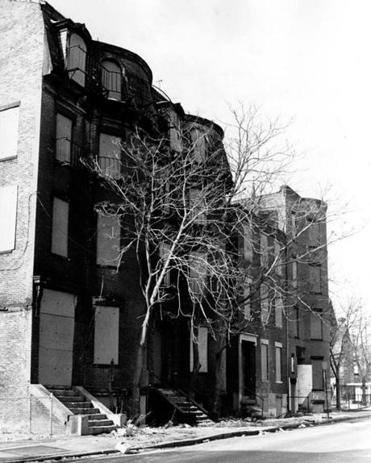Decoding gentrification, civic associations, and liberal politics: Sylvie Tissot on her new book


For Dante Ramos of Boston Globe, it is not necessary that the reader share Tissot's politics all the way in order for them to agree with this:
Under almost any rules for civic engagement, people with resources and connections can steer the process to their own advantage. Even liberal values can disguise a form of control.Diversity-seeking upper middle-class groups attempt to strike the right balance and this means limiting certain groups of people. Tissot says, "The most visible presence of minority working-class culture has to disappear."
But Tissot isn't all criticism and no resolution. In an edited interview published in Next City, Tissot shares one of her suggestions:
"I think governments, foundations and other organizations should try to include all local associations — even the local associations who have more critical claims [than the ones I profiled] and those who don't explicitly list their goals with the rhetoric of diversity, which is a very specific rhetoric."
Interviewer Alexis Stephens concludes:
Her work is a fascinating analysis of exclusion, lack of self-awareness and conflicting values.Visit Boston Globe and Next City to read the full articles
